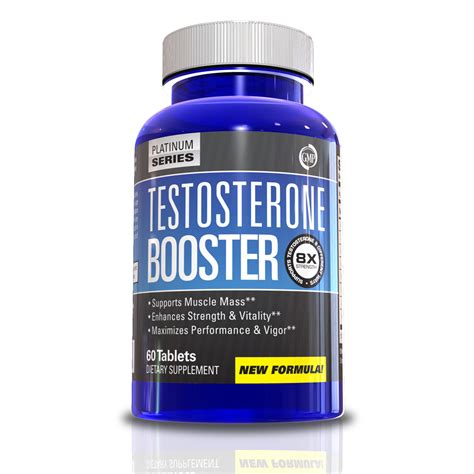Boost male T-levels: What nutrition & lifestyle shifts drive peak performance?

Testosterone, often hailed as the cornerstone of male health, influences everything from muscle mass and bone density to mood, energy levels, and libido. As men age, T-levels naturally decline, but various nutritional and lifestyle factors can significantly impact its production at any stage of life. Optimizing these elements is key to unlocking peak physical and mental performance.
The Nutritional Blueprint for Robust T-Levels
Your diet plays a fundamental role in hormonal health. Fueling your body with the right nutrients can directly support testosterone synthesis, while poor dietary choices can hinder it.

Embrace Healthy Fats
Contrary to outdated advice, healthy fats are crucial for testosterone production. Cholesterol is a precursor to testosterone, and healthy fats help facilitate this process. Incorporate sources like avocados, olive oil, nuts, seeds, and fatty fish (salmon, mackerel) rich in omega-3s.
Zinc: The Essential Mineral
Zinc is a vital mineral directly involved in testosterone synthesis. Deficiencies are common and can lead to lower T-levels. Prioritize zinc-rich foods such as oysters, red meat, poultry, beans, nuts, and whole grains.
Vitamin D: The Sunshine Hormone
Often referred to as a hormone due to its role in the body, Vitamin D is strongly linked to testosterone levels. Regular, safe sun exposure is the best way to get it, but dietary sources like fatty fish, fortified foods, and supplements can help, especially in regions with limited sunlight.

Magnesium and Protein Power
Magnesium is another mineral that supports free testosterone levels. Leafy greens, nuts, seeds, and whole grains are excellent sources. Adequate protein intake is also essential for overall muscle maintenance and hormonal balance, but focus on lean, quality sources like chicken, turkey, fish, and legumes.
What to Limit or Avoid
Minimize intake of refined sugars, excessive alcohol, and highly processed foods. These can contribute to inflammation, insulin resistance, and weight gain, all of which negatively impact testosterone production.
Lifestyle Shifts for Hormonal Harmony
Beyond the plate, daily habits and routines significantly influence your body’s ability to produce and regulate testosterone.

Strength Training and High-Intensity Interval Training (HIIT)
Regular resistance training, focusing on compound movements (squats, deadlifts, bench press), has been shown to boost testosterone. HIIT, short bursts of intense exercise followed by brief recovery periods, can also be highly effective. Aim for 3-5 sessions per week, allowing for adequate recovery.
Prioritize Quality Sleep
Sleep deprivation is a major disruptor of hormone balance. Testosterone production predominantly occurs during sleep, particularly REM cycles. Aim for 7-9 hours of high-quality sleep per night. Establish a consistent sleep schedule and create a conducive sleep environment.

Master Stress Management
Chronic stress elevates cortisol levels, which has an inverse relationship with testosterone. Practices like meditation, deep breathing, yoga, spending time in nature, or engaging in hobbies can help mitigate stress and support healthier T-levels.
Maintain a Healthy Body Weight
Excess body fat, particularly visceral fat around the abdomen, can lead to increased aromatization of testosterone into estrogen, further lowering T-levels. Maintaining a healthy body mass index (BMI) through diet and exercise is crucial.
Limit Endocrine Disruptors
Be mindful of exposure to xenoestrogens found in plastics (BPA, phthalates), pesticides, and certain personal care products. These chemicals can mimic estrogen in the body and interfere with hormone production.

Conclusion: A Holistic Approach for Sustained Vigor
Boosting male testosterone levels for peak performance isn’t about quick fixes or isolated supplements; it’s about adopting a comprehensive, consistent approach to nutrition and lifestyle. By integrating a diet rich in healthy fats, zinc, and Vitamin D, prioritizing strength training, quality sleep, and stress management, men can significantly optimize their hormonal profile. These sustained shifts not only support robust T-levels but also contribute to enhanced energy, mood, strength, and overall vitality, paving the way for a healthier, higher-performing life. Always consult with a healthcare professional before making significant dietary or lifestyle changes, especially if you have underlying health conditions.









